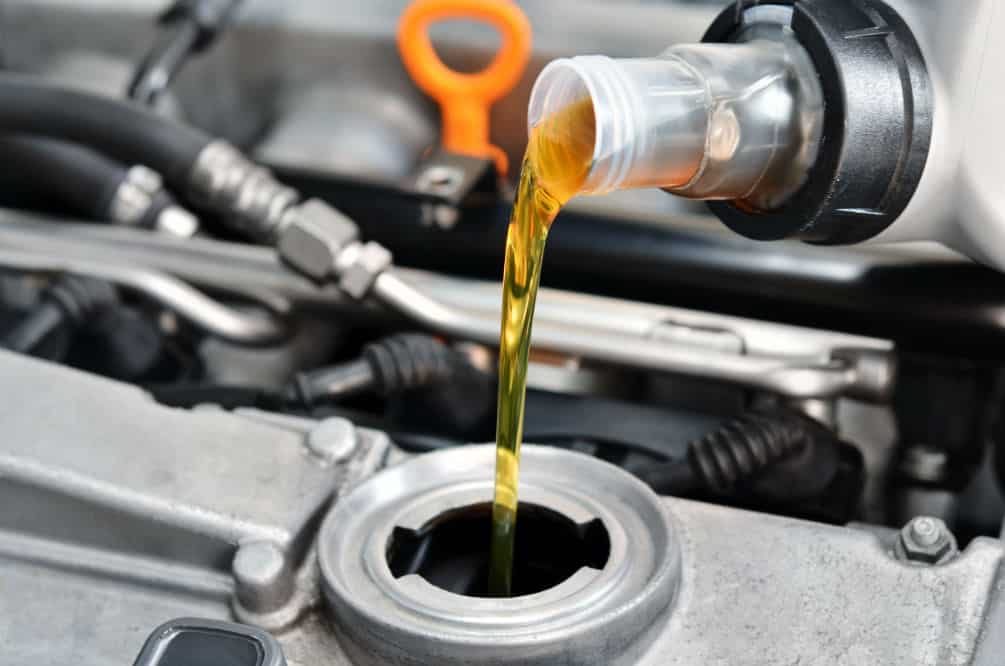Most car owners understand that it is recommended to change their car oil after a fixed number of miles on the road. However, there are those who would only take their vehicle out of the garage when they have to move out of town. There are also those who just need it twice or thrice a week. The miles just don’t seem to accumulate in their case which eventually leaves them in two minds regarding the proper oil-change duration. Hence, if you are one of those infrequent car drivers, one who is wondering about how often to change oil if don’t drive much, we are here to help.
In this article, we will inform you about the recommended regular interval of changing oil that every car owner, be it a frequent driver or even if he or she is an occasional motorist, should know. We will also take a look at some of the most important things that you need to know about changing vehicle oil.
How Often to Change Oil if Don’t Drive Much?
According to car experts, it is recommended to change your vehicle’s oil after every 4000 to 6000 miles or four to six months, whichever comes first. However, it can vary depending on the type of vehicle you own. Thus, one should always consult their car’s instructional manual because more often than not, such information is listed.
Coming towards irregular car drivers, people who are not very fond of driving a vehicle, they would normally cover this mileage from nine to 12 months. Some of them might not even cover it all in a year which leads them to think that there is no need to get their vehicle’s oil changed. Unfortunately, this is a wrong assumption because no vehicle can sustain without a regular oil change. There are also a lot of reasons why you need to change the oil in your car, and we will discuss such below.
Why Do You Need to Change the Engine Oil?
When it comes to changing engine oil, it is arguably the single most important part of your car’s tune-up. You can live with worn out tires or even with a broken wiper, but there is no optimal performance with degraded engine oil.
In today’s vehicles, the basic purpose of the engine oil is to lubricate the engine. Since the engine consists of different rotating components, oil lubrication allows all of them to work together without causing any kind of friction. The reality is that engine oil starts to degrade with the passage of time. This is due to the reason that a majority of these fluids, which are used in today’s vehicles, are hygroscopic in nature. In simple words, they absorb water vapor from the air which tends to dilute their composition.
With that said, if you keep on using the same engine oil for more than the specified duration, it will reduce its efficacy in terms of engine lubrication. That kind of situation will not only cause regular wear and tear inside the engine, but at the same time, it can also result in carbon buildup which will disturb your vehicle’s performance. Likewise, an oil change will protect your favorite car from regular maintenance issues and you can keep on driving it for years to come.
One crucial thing to note though is that, in order to achieve the benefits of oil change mentioned above, you should know the right engine oil to use. That is true whether you will change the oil yourself or you will hire a mechanic to do it for you. Of course, if you choose to change the oil on your own, you should know the right steps to take to prevent any untoward damages.
How to Choose the Right Oil for Your Car?
Sadly, some people are of the view that regardless of the type of vehicle they own, they can always go with synthetic lube oil without any second thought. However, the number one rule, especially for new models, is that you should not invest in a synthetic oil if it is not mentioned in your vehicle owner’s manual. On the other hand, older vehicle versions can do well with the synthetic oil, but you have to make sure that it is performing up to the mark.
If you have lost your owner’s manual a long time ago, you can consult with your local car dealer. Ask them about the type of oil which is deemed viable for your vehicle, and yes, you can always get help from an online community.
How to Change Engine Oil by Yourself?
A majority of car owners will always seek the help of a mechanic to change their engine oil, but if you are someone who likes to do everything by himself, you can do it pretty easily in your garage. All you need is a wrench, a jack stand and finally, an oil pan.
To do so, start by turning off your vehicle. If you have recently arrived from your office, wait for at least half an hour before touching the engine. Next, elevate your vehicle with the help of a jack stand and place the oil-pan underneath the drain plug. Using your wrench, unscrew the drain plug before collecting the used oil in the pan. Make sure no amount of fluid gets spilled underneath. After collecting all the degraded oil in the oil pan, close the drain plug with the help of your wrench.
Now, turn towards the oil gasket filter and open it up with your own hands. Unlike the drain plug, it is recommended never to use a wrench or any other tool for this purpose, so one should always do it with his own hands. After which, pour fresh oil inside the filter gasket up to the specified limit in your car owner’s manual. Afterward, close it up with your own hands before turning on your vehicle. Congratulations, you have changed your engine oil by yourself.
Conclusion
One should always change their engine oil after four to six months on the road using the right product and technique. As to how often to change oil if don’t drive much, that should be done once or twice in a year. Meaning, that will also depend on your frequency of usage. Following this schedule will keep your vehicle in optimal shape, and it will also protect you from making regular visits to your mechanic.


